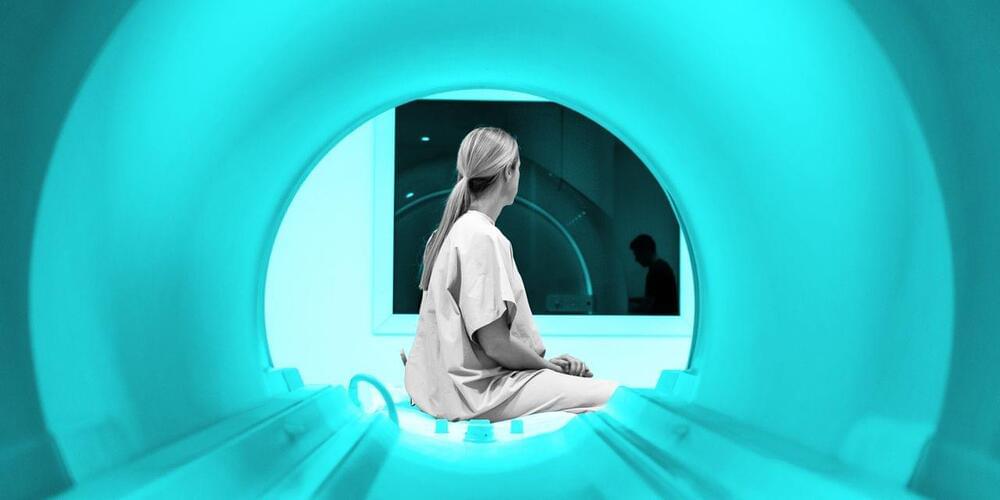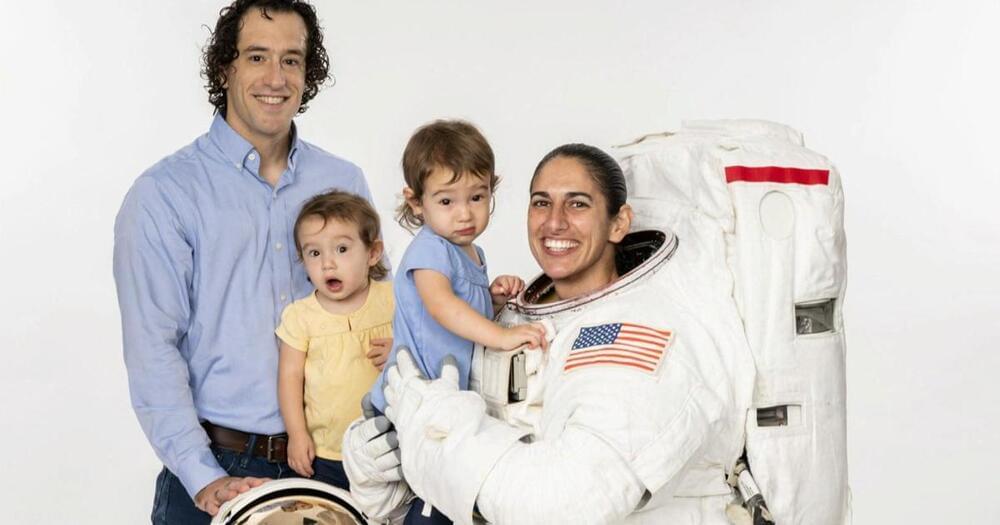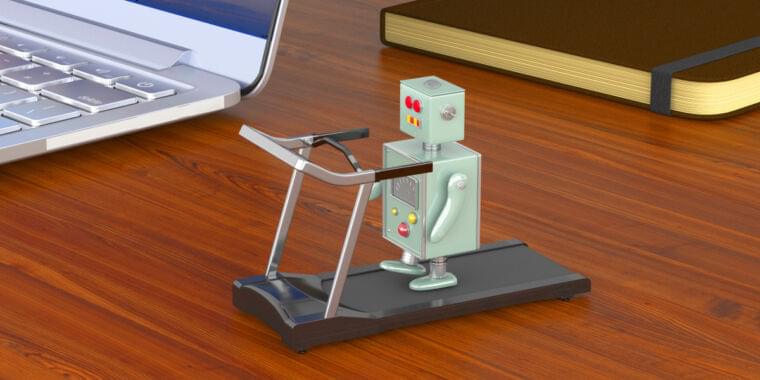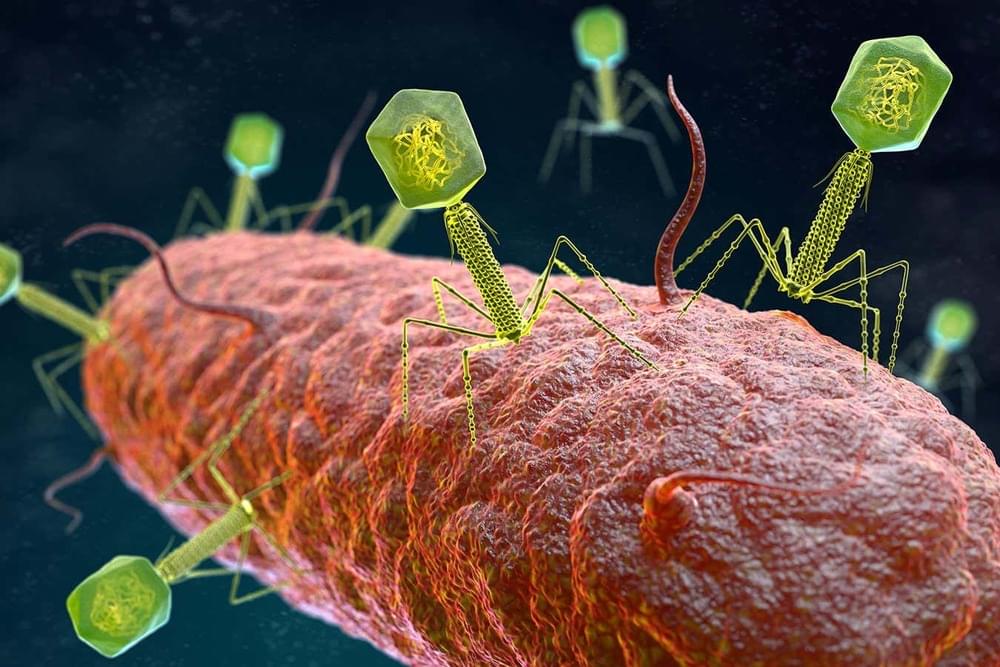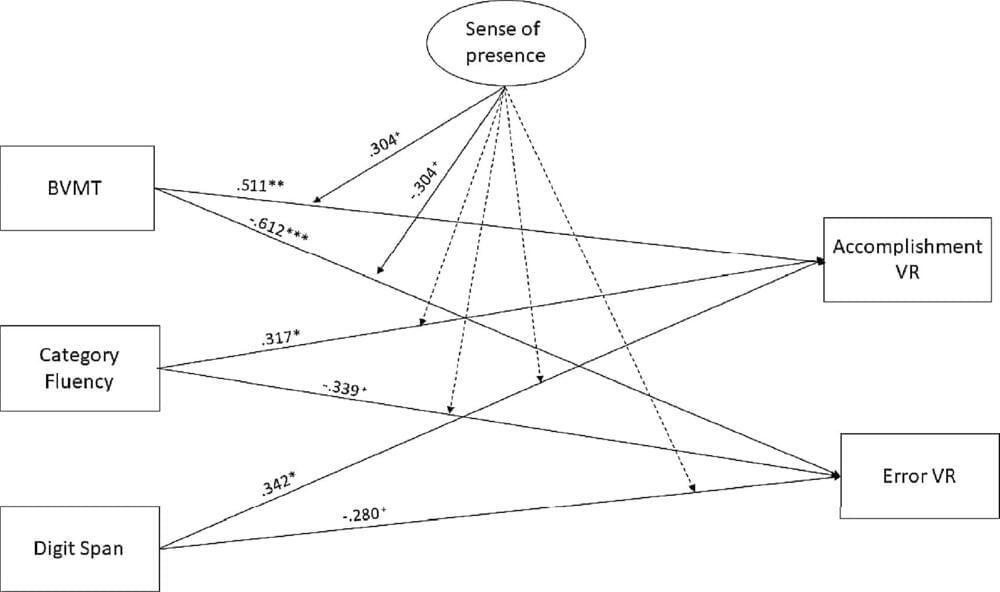Page 1564
In an exclusive excerpt from her forthcoming book, The Six: The Untold Story of America’s First Women Astronauts, Loren Grush traces how NASA picked Sally Ride, and why Ride’s struggle resonates today.
Aug 25, 2023
NASA moves forward with plans for supersonic planes that could fly from New York to London in 1.5 hours
Posted by Genevieve Klien in category: transportation
NASA is working with private companies to come up with designs for commercial supersonic planes. It’s also exploring tech to make sonic booms quieter.
Aug 25, 2023
Taurine is the latest anti-aging supplement touting promising results: Here’s what scientists say
Posted by Genevieve Klien in category: life extension
It turns out that an amino acid that our body produces may play a huge role in longevity. Here’s what scientists say about taurine.
Aug 25, 2023
Meet Jasmin Moghbeli, a Marine helicopter pilot and mom of twins who is leading a crew to the space station
Posted by Genevieve Klien in categories: engineering, space travel
The SpaceX Crew-7 flight will take an international team of four to the space station. Moghbeli will be the only American abroad, and is leading the mission.
The daughter of Iranian political refugees, Moghbeli went to astronaut camp as a teenager and got a degree at MIT. She played three sports, including basketball, and with space in mind studied aeronautical engineering.
She later had a gutsy career as a Marine attack helicopter pilot, serving in more than 150 combat missions – part family tradition, part service to her country and part in service to her space dreams.
Aug 25, 2023
Brain Gains: Scientists Discover How To Replicate the Cognitive Benefits of Exercise
Posted by Arthur Brown in categories: biotech/medical, life extension, neuroscience
An injection of a specific blood factor can replicate exercise’s brain benefits, offering potential treatments for age-related cognitive decline.
Pre-clinical trials by University of Queensland scientists have found that an injection of a specific blood factor can replicate the benefits of exercise in the brain.
Dr. Odette Leiter and Dr. Tara Walker from UQ’s Queensland Brain Institute led a team that discovered platelets, the tiny blood cells critical for blood clotting, secrete a protein that rejuvenates neurons in aged mice in a similar way to physical exercise.
Aug 25, 2023
You can now train ChatGPT on your own documents via API
Posted by Shubham Ghosh Roy in categories: internet, robotics/AI
On Tuesday, OpenAI announced fine-tuning for GPT-3.5 Turbo—the AI model that powers the free version of ChatGPT—through its API. It allows training the model with custom data, such as company documents or project documentation. OpenAI claims that a fine-tuned model can perform as well as GPT-4 with lower cost in certain scenarios.
So basically, fine-tuning teaches GPT-3.5 Turbo about custom content, such as project documentation or any other written reference. That can come in handy if you want to build an AI assistant based on GPT-3.5 that is intimately familiar with your product or service but lacks knowledge of it in its training data (which, as a reminder, was scraped off the web before September 2021).
Aug 25, 2023
Virus ‘nanobots’ can make harmful bacteria in food and drink glow
Posted by Shubham Ghosh Roy in categories: biotech/medical, food, nanotechnology
It can be time consuming to test food and drink for potentially harmful bacteria, but viruses that naturally attack the bacteria can be gene edited to speed up the process.
Aug 25, 2023
Virtual reality study reveals link between sense of presence and cognitive abilities
Posted by Dan Breeden in categories: neuroscience, virtual reality
A study published in Scientific Reports has shed light on the intricate relationship between the sense of presence in virtual reality (VR) environments and cognitive abilities. The study, titled “The role of sense of presence in expressing cognitive abilities in a virtual reality task: an initial validation study,” was conducted by a team of researchers coordinated by Dr. Andrea Chirico and marks a significant advancement in our understanding of how immersive technologies can influence cognitive functions.
The research team, which includes Prof. Antonio Giordano, Prof. Fabio Lucidi (Sapienza University of Rome), Dr. Luigi De Pietro (CNR ICAR, Italy), and others, set out to investigate the extent to which the sense of presence—the feeling of being “inside” a virtual environment —impacts an individual’s cognitive performance. By employing advanced VR technology and designing a range of tasks to test cognitive abilities, the researchers were able to gather valuable insights.
One of the key findings of the study is that a stronger sense of presence is positively correlated with enhanced cognitive abilities. Participants who reported a heightened feeling of presence in the virtual tasks demonstrated improved performance in various cognitive domains. These domains include memory, attention, problem-solving, and decision-making.
Aug 25, 2023
Could the Universe be a giant quantum computer?
Posted by Dan Breeden in categories: alien life, computing, information science, mathematics, particle physics, quantum physics
In their 1982 paper, Fredkin and Toffoli had begun developing their work on reversible computation in a rather different direction. It started with a seemingly frivolous analogy: a billiard table. They showed how mathematical computations could be represented by fully reversible billiard-ball interactions, assuming a frictionless table and balls interacting without friction.
This physical manifestation of the reversible concept grew from Toffoli’s idea that computational concepts could be a better way to encapsulate physics than the differential equations conventionally used to describe motion and change. Fredkin took things even further, concluding that the whole Universe could actually be seen as a kind of computer. In his view, it was a ‘cellular automaton’: a collection of computational bits, or cells, that can flip states according to a defined set of rules determined by the states of the cells around them. Over time, these simple rules can give rise to all the complexities of the cosmos — even life.
He wasn’t the first to play with such ideas. Konrad Zuse — a German civil engineer who, before the Second World War, had developed one of the first programmable computers — suggested in his 1969 book Calculating Space that the Universe could be viewed as a classical digital cellular automaton. Fredkin and his associates developed the concept with intense focus, spending years searching for examples of how simple computational rules could generate all the phenomena associated with subatomic particles and forces3.
